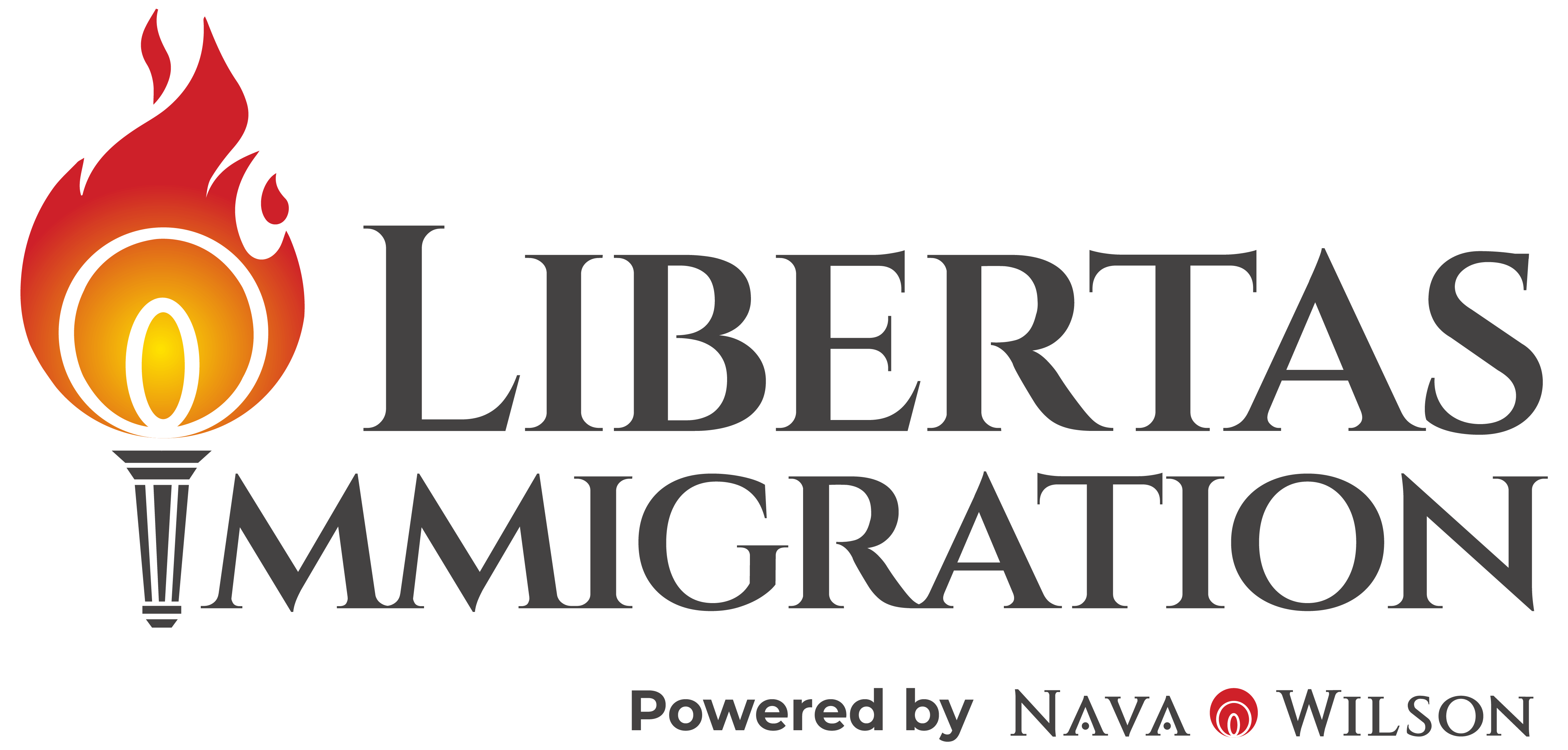Family reunification lies at the heart of Canadian society. The Canadian government is dedicated to helping families reunite more quickly and easily, fostering inclusive and resilient communities. In 2023, new measures have been implemented to strengthen family reunification and support immigrants in their journey. This blog post provides an overview of the family sponsorship programs in Canada and highlights the recent developments that enhance the immigration process.
Family Sponsorship in Canada:
Family sponsorship is a pathway that allows Canadian citizens, permanent residents, and registered Indians to bring their relatives to Canada as permanent residents. This program aims to ensure that families can live, study, and work together, creating a strong foundation for their new life in Canada.
Eligibility for Sponsorship:
To be eligible to sponsor a relative or a family member, you must be at least 18 years old and fall under one of the following categories:
- Canadian citizen
- A person registered in Canada as an Indian under the Canadian Indian Act1
- Permanent resident of Canada
Who You Can Sponsor:
The family sponsorship program enables individuals to sponsor various relatives, including:
- Spouse, partner, or common-law partner
- Dependent children
- Parents and grandparents
- Orphaned siblings, nieces, nephews, or grandchildren (under 18 years of age)
- One relative related by blood or adoption of any age
Strengthening Family Reunification: New Measures for 2023
Faster Temporary Resident Visa (TRV) Processing Times:
The Canadian government has introduced faster processing times for spousal applicants to expedite the reunification process. The goal is to process most applications within 30 days, resulting in a smoother and quicker experience for families.
Dedicated Processing Tools for Spousal TRV (temporary resident visa) Applicants:
Dedicated processing tools have been implemented for spousal TRV applicants to streamline the application process further. These tools are designed to address the specific circumstances and needs of spouses and dependents, ensuring a more considerate and efficient application review. Many applications have already been processed using these new tools, which has resulted in an impressive approval rate of 93%.
A new Open Work Permit for Spousal and Family Class Applicants:
Recognizing the importance of employment in helping newcomers support themselves and their families, Canada has introduced open work permits for spousal and family class applicants. Upon submitting a complete permanent residence application under the spouse or common-law partner in Canada class (SPCLC) or other family class programs, spouses, partners, and dependents residing with their sponsor in Canada can apply for and receive an open work permit. Having a work permit allows them to seek employment and contribute to the Canadian economy during the processing period.
Open Work Permit Extensions:
An extension option has been introduced to ensure continued support for spousal applicants and other open work permit holders whose permits expire between August 1 and the end of 2023. These individuals can extend their work permits for an additional 18 months, providing them with stability and peace of mind while their permanent residence applications are being processed. This extension option follows a similar approach recently offered to those with expiring post-graduation work permits.
Family reunification is a fundamental pillar of Canadian society, promoting inclusivity, resilience, and compassion. The Canadian government’s commitment to strengthening family ties is evident through the new measures introduced in 2023. By facilitating faster processing times, implementing specialized processing tools, and providing open work permits and extensions, Canada aims to help families reunite more quickly and ease their transition into Canadian society. If you are interested in sponsoring a family member or want to learn more about family sponsorship programs in Canada, contact us directly.

